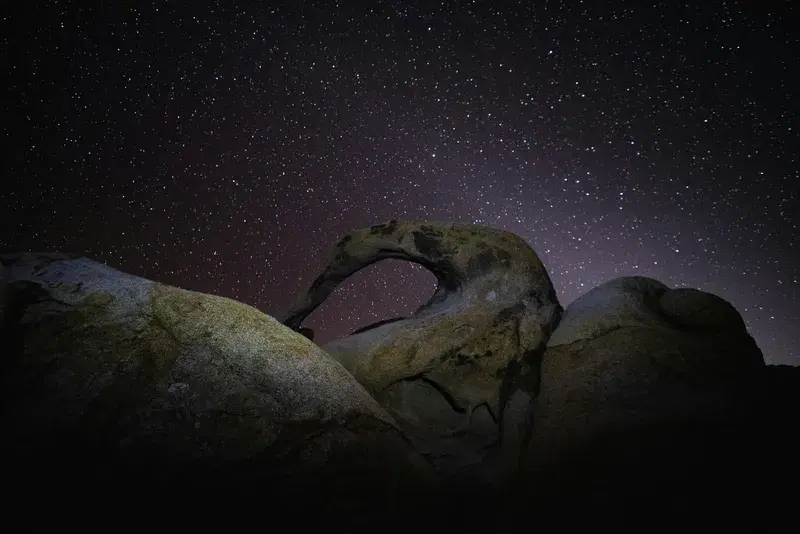Capturing the Night: Photography Gear for Stunning Outdoor Shots


Capturing the Night: Photography Gear for Stunning Outdoor Shots
When you think of photography, the first image that might come to mind is a sunlit landscape or a bustling city during the day. However, the world of nightlife offers a unique canvas for photographers seeking to capture the enchanting beauty of the dark. With the right outdoor gear, you can immortalize breathtaking scenes such as the Milky Way stretching across the night sky or a serene forest under the moonlight. In this article, we'll explore essential gear and tips for astrophotography and night-time outdoor shots.
The Essential Gear for Night Photography
1. Camera
To capture stunning night shots, investing in a high-quality camera is crucial. Look for a camera that performs well in low light. Full-frame DSLRs or mirrorless cameras are excellent choices due to their larger sensors that can gather more light.
2. Lenses
Your choice of lens can significantly affect your night photography. Fast lenses with wide apertures, such as f/2.8 or lower, are ideal for capturing more light. A wide-angle lens is particularly useful for astrophotography, allowing you to capture the expansive sky and landscapes in one frame.
3. Tripod
Stability is key when taking long exposure shots. A sturdy tripod will help minimize camera shake, resulting in sharp images. Look for a lightweight yet durable tripod, especially if you're hiking to your shooting location.
4. Remote Shutter Release
Using a remote shutter release can prevent any movement caused by pressing the camera button. This is especially important for long exposures, where even the slightest shake can blur your image.
5. Filters
Consider using filters such as a polarizing filter to reduce glare or a neutral density filter to manage exposure levels during longer shoots. These can enhance the colors and contrast in your images, making your outdoor shots even more stunning.
Techniques for Capturing the Night Sky
1. Focus on the Stars
When shooting the Milky Way, utilize manual focus to ensure your stars are sharp. Use your camera’s live view mode to zoom in on a bright star, and adjust until it’s crisp.
2. Use Long Exposure
Long exposure techniques are essential for night photography. Set your camera to bulb mode and experiment with exposure times between 15 seconds to several minutes, depending on your desired effect.
3. Light Painting
For landscapes, you can add an extra dimension to your photos with light painting. Use a flashlight or LED panel to illuminate specific elements in your scene while taking a long exposure shot.
4. Composition is Key
In nature photography, composition plays a crucial role. Use leading lines, the rule of thirds, or the foreground-background relationship to create depth in your photos. Incorporating natural elements like trees, rocks, or water can enhance the overall visual appeal.
5. Scout Your Location
Before heading out, scout your chosen location during the day. This will help you find the perfect spots for your night shots and allow you to plan your composition and lighting effectively.
Conclusion
Capturing the night can be a thrilling adventure for any photographer. With the right outdoor gear, techniques, and a bit of practice, you can create stunning images that showcase the beauty of the night sky and the landscapes beneath it. Whether you're aiming to capture the Milky Way or the quiet charm of a forest, night photography is an exciting way to explore and document the world around you. So grab your camera, head outdoors, and let the adventure of night photography begin!
!